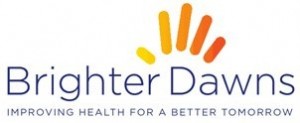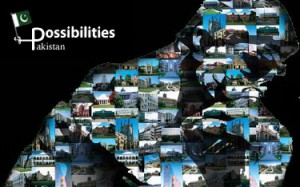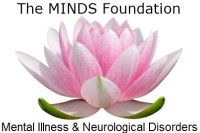3 Student Organizations Vie for Social Innovation Competition Awards
Student-run organizations have the opportunity to win cash prizes through the Dell Social Innovation Competition.
The University of Texas at Austin and Dell are looking for university students who are working to combat social problems worldwide. They’re giving away more than$100,000 in cash prizes to at least five winning teams. Shining Hope for Communities, directed by Jessica Posner ’09 and Kennedy Odede ’12, received the $50,000 Dell Social Innovation Competition grand prize award in 2010.
This year, three other student-groups at Wesleyan are competing for the awards. Vote tallies, along with the competition judges, determines the $50,000 grand prize winner of the 2011 Dell Social Innovation Competition. To vote, register here.

“Brighter Dawns: Clean Water for Humanity” was created by Tasmiha Khan ’12, Bonnie Quach-Wong ’12, Jason Youngbin Lee ’12, Lindsay Kenney ’12, Kimberly Muellers ’12, Rajeeta Iyer ’12, Christopher Liong ’12 and Shirley Wu. Their project, the Wesleyan Chapetr of this organization, aims to alleviate poverty in slum conditions in Bangladesh.
Their first project is to provide access to safe sanitation. “To our knowledge, we are the first and only non-profit operating in Ward 12, one of the poorest slums in Khalishpur, Bangladesh,” Khan explains.
They are providing tube wells and latrines, and also seminars and jobs for women, who will help to oversee the project.
“With the Dell Social Innovation Grant, we will impact approximately over 33, 000 people for a period of at least 10-15 years,” Khan says. “Currently, there are over 100,000 children dying yearly without access to clean, safe water in Bangladesh. With your vote, you can support us in improving conditions for these people. After all, water is a necessity, not a luxury.”
For more information, or to vote for Brighter Dawns, go here.

Possibilities Pakistan was created by Ali Chaudhry ’12, Kenny Feder ’12, and Kumail Akbar ’12. Possibilities Pakistan extends free college counseling to all Pakistani students who aspire to attend international universities. Their goal is to guide Pakistani students through the complicated application process and be accepted to suitable top-notch foreign universities.
The project includes a free online guidance service and a 150-page magazine that highlights the details of applying to college.
“Ultimately, we aim to bring about a revolutionary change by establishing, for the first time, the concept of free educational guidance for all in Pakistan,” Chaudhry says. “With your vote, we will be able to reach out to hundreds of schools, expand our service to graduate schools and colleges within Pakistan, and attract the sponsors that we need to keep our project sustainable. Together, we can improve the lives of thousands of deserving students.”
For more information, or to vote for Possibilities Pakistan, go here.

The MINDS Foundation, started in 2010 by Raghu Appasani ’12, has a persistent commitment to treat the mentally ill and eliminate the stigma surrounding mental illness in developing countries. They’ve proposed “Bringing Light to Mentally Ill Patients,” which will enable the group to treat 60 patients suffering from a mental illness for one year.
The organization is made up of about 50 Wesleyan students, medical students and professionals. The organization will begin with a pilot program in India where over 20 million citizens suffer from a mental illness, but only 3,500 psychiatrists are present.
“Our program takes a four phase grassroots approach to address mental illness and stigma by first bringing awareness via video screenings, street plays, and visual aid handouts in vernacular languages. Next, we will provide free consultation right at the source by hosting screening clinics in a range of villages. Patients will then be provided with free transportation and official diagnosis by a trained psychiatrist or clinical psychologist. Finally, patients who successfully complete our program will be assimilated into society to act as role models for future patients,” Appasani says.
For more information, or to vote for the MINDS Foundation project, go here.

